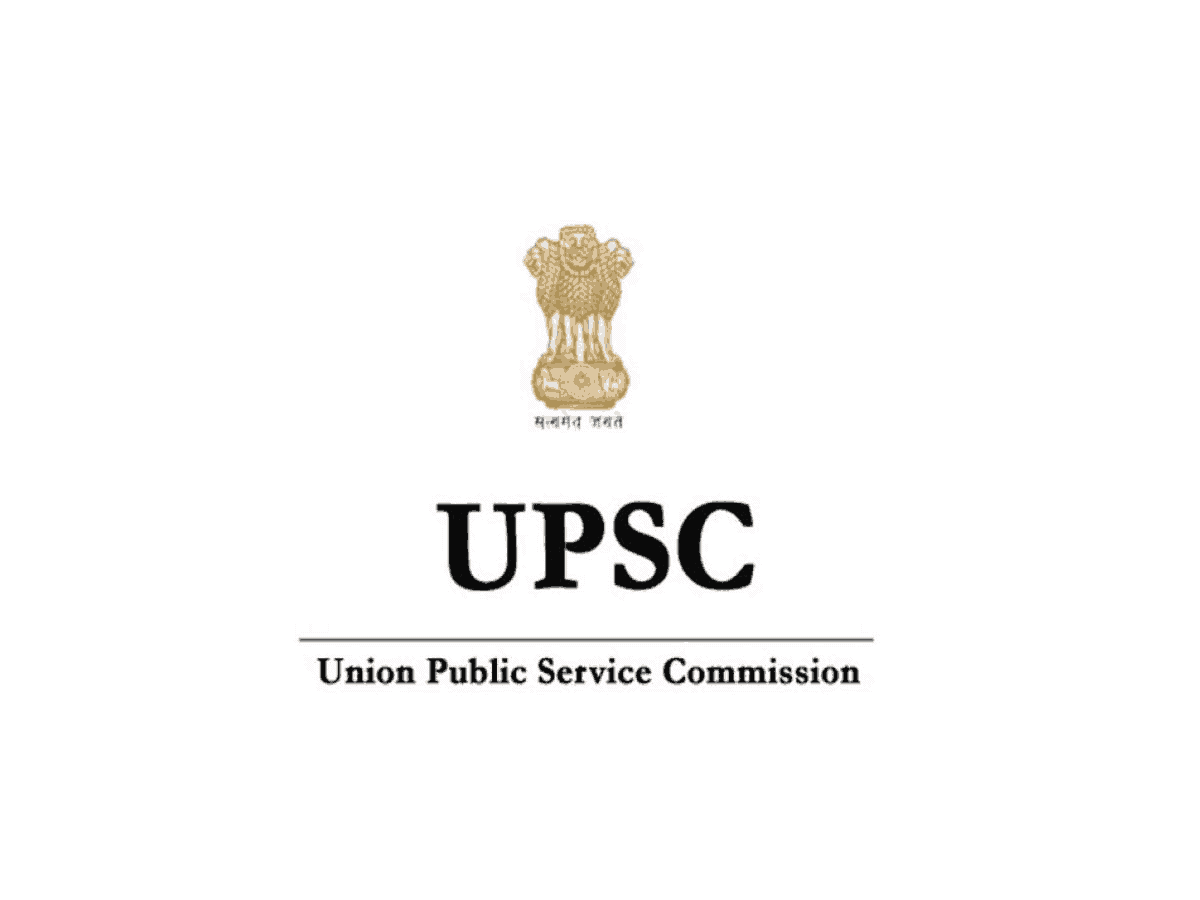
This is what the pandemic has led us to do. Last time it happened, it happened when the National Emergency was declared and there was an amendment made to the Constitution. Back then, it was in 1975. But even back then, the country was in complete chaos and there was death of democracy. However, the UPSC exams were held without any hitch. Subsequently, in the following years, there was many a times protest or agitation by the students seeking the postponement or cancellation of the exam over the decision on CSAT Paper-2.
One of the recent instances is of 2014, when the Civil Services aspirants wanted the UPSC to scrap the CSAT paper and the government had urged the UPSC to postpone the exam. Unlike the previous times, the present scenario is something extra ordinary and the UPSC had to postpone its scheduled exam by four months.
In a significant historical development, the UPSC had to stop the interviews of the 2019 candidates and postpone the Civil Services (Prelims) exam from May 31 to October 4. The interviews were conducted later. The new exam schedule was also released in June 2020 for the candidates to prepare themselves. This was done keeping in view the health hazard posed by the global pandemic Corona virus.
The National Eligibility cum Entrance Test (NEET) was conducted on September 13. The examination was conducted in an offline mode. The National Testing Agency (NTA) claims that nearly 90 per cent of those who had applied for the examination were present at the exam centres on September 13. The entire controversy around NEET 2020 was regarding the precautions that NTA would take on the exam day.
After the examination was over, most students agreed that NTA had taken enough precautions inside the test centres. However, they emphasised that social distancing was seldom followed outside the exam centres. Most of the students have rated NEET 2020 as moderate to difficult. They also said that they were expecting the examination to be easy, given the current circumstances. However, only a small fraction of students found the examination easy.
Citing the same concerns as those of NEET students, the UPSC aspirants (petitioners) sought postponement of the Civil Services Prelims Exam by a further two to three months, so that the flood/ incessant rains in some States recede and the COVID-19 curve flattens. Their plea was that the UPSC decision to conduct the exam in accordance with the impugned Revised Calendar violated the rights of the petitioners and those similarly situated, under Article 19 (1) (g) of the Constitution to practice their chosen profession/ occupation of serving the public.
According to the plea, this 7-hour offline UPSC exam 2020, is being taken by approximately six lakh aspirants at test centres in 72 cities. “Conducting the aforesaid examination across India at such perilous time is nothing else but putting lives of lakhs of young students (including Petitioners herein) at utmost risk and danger of disease and death. Also, the natural calamities like flood, incessant rain, landslides etc. are likely to directly affect the life and health of the petitioners and any similarly situated students.
“Hence, the impugned Revised Calendar is utterly arbitrary, unreasonable, whimsical and patently violative of the “Right to Health” and “Right to Life” of the Petitioners herein and lakhs of similarly situated students, under Article 21,” the petition stated. The plea said the Civil Services Exam, being a recruitment examination, is altogether different from an academic examination and in the event of its postponement, there would not be any question of delay or loss of any academic session.
The Supreme Court, which took up the matter on September 28 asked the UPSC to submit affidavit as to why the exam cannot be postponed. The UPSC stated that it had made expenditure of about Rs 3 crores and would strictly adhere to the safety measures and precautions. On the other hand, the apex court dismissed the petition and noted, “Every year there are some issues. Like environmental issues etc., and this is not a case of students appearing, these are to be public servants and they should act like that. Come out of your shell and comfort zone.”
This decision to go ahead with the exam can be viewed as an affirmative action by the UPSC to send a signal that postponement can be made but only to a certain extent and the total scrapping cannot be done. Thus, the UPSC exam is of paramount importance and a skip of a year cannot be made and the future of the country are the bureaucrats selected by this examination.
The indirect message of the SC ruling is that the exam is just not very competitive but it also expects the students to be fully prepared and be ready to write the exam under any circumstances. The UPSC should also keep up to its words and follow the standard operating procedure and make transportation arrangements.
Fatima Hasan is a Hyderabad based journalist

